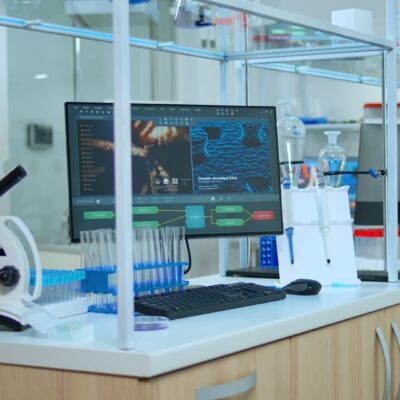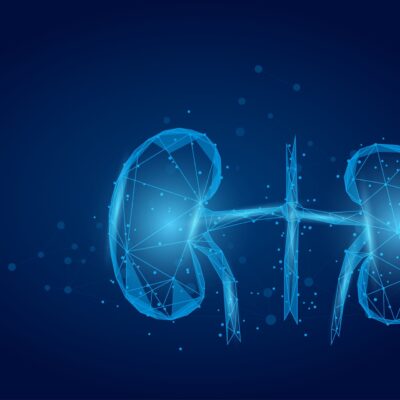As we approach World Down Syndrome Day on March 21st, it’s imperative to delve into the complexities of this genetic condition and highlight the indispensable role that genetic testing plays in its diagnosis. Down Syndrome, also known as Trisomy 21, is a unique condition characterized by the presence of an additional chromosome 21, leading to a variety of developmental and physical changes.
Down Syndrome manifests in various ways, encompassing physical, cognitive, and health-related aspects. It’s more than just appearances; it’s about understanding the individual’s unique needs and challenges. With approximately 1 in 700 babies born with Down Syndrome globally, it’s a prevalent genetic disorder that affects individuals across all demographics.
Genetic testing and diagnosis of Down syndrome
Genetic testing serves as a cornerstone in the diagnosis of Down Syndrome, offering crucial insights into a child’s health from early stages. Prenatal screening tests, such as non-invasive prenatal testing (NIPT), blood tests, and ultrasounds, are instrumental in assessing the likelihood of Down nduring pregnancy. NIPT, in particular, has revolutionized prenatal screening by providing a low-risk method to detect chromosomal abnormalities, including Trisomy 21, with high accuracy. These screening methods not only offer expectant parents early information about their child’s health status but also empower them to make informed decisions about their pregnancy journey.
However, for a definitive diagnosis, diagnostic methods such as amniocentesis or chorionic villus sampling (CVS) are employed. These procedures involve the extraction of fetal genetic material, allowing for a thorough analysis to confirm the presence of Down. While these diagnostic tests carry a slightly higher risk than prenatal screening methods, they provide a definitive diagnosis, enabling parents and healthcare providers to make informed decisions about medical interventions and prepare for the specific needs of the child.
Types and Characteristics
Trisomy 21, the most common form, presents with an extra chromosome 21 in every cell. Mosaicism, a rarer form, exhibits genetic variation in only some cells, leading to nuanced presentations. Translocation Down Syndrome involves part of chromosome 21 attaching to another chromosome, further diversifying developmental outcomes.
The Importance of Early Diagnosis
Early awareness through genetic testing can be transformative, allowing individuals with Down Syndrome to thrive with the right support from the very beginning. It enables access to early intervention services, maximizing the individual’s potential and fostering independence.
Receiving a diagnosis of Down Syndrome can be overwhelming for families, but genetic testing provides them with essential information and equips them with resources to support their loved one effectively. With accurate knowledge and support, families can navigate the journey ahead with confidence, advocating for the inclusion and acceptance of individuals with Down Syndrome within society.




























